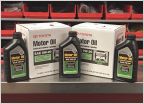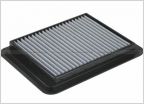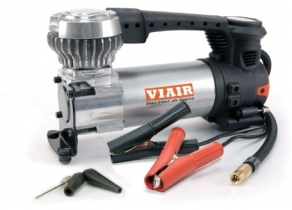-
Welcome to Tacoma World!
You are currently viewing as a guest! To get full-access, you need to register for a FREE account.
As a registered member, you’ll be able to:- Participate in all Tacoma discussion topics
- Communicate privately with other Tacoma owners from around the world
- Post your own photos in our Members Gallery
- Access all special features of the site
MPG Mods
Discussion in '4 Cylinder' started by kylefrdavis, Apr 20, 2009.
Page 64 of 72
Page 64 of 72


 Does everyone use 0w20 synthetic
Does everyone use 0w20 synthetic Subaru "rumble" for our truck?
Subaru "rumble" for our truck? Changing Belt Tensioner Pulley 2.7
Changing Belt Tensioner Pulley 2.7 2.7L oil capacity
2.7L oil capacity Air filter question...
Air filter question...


